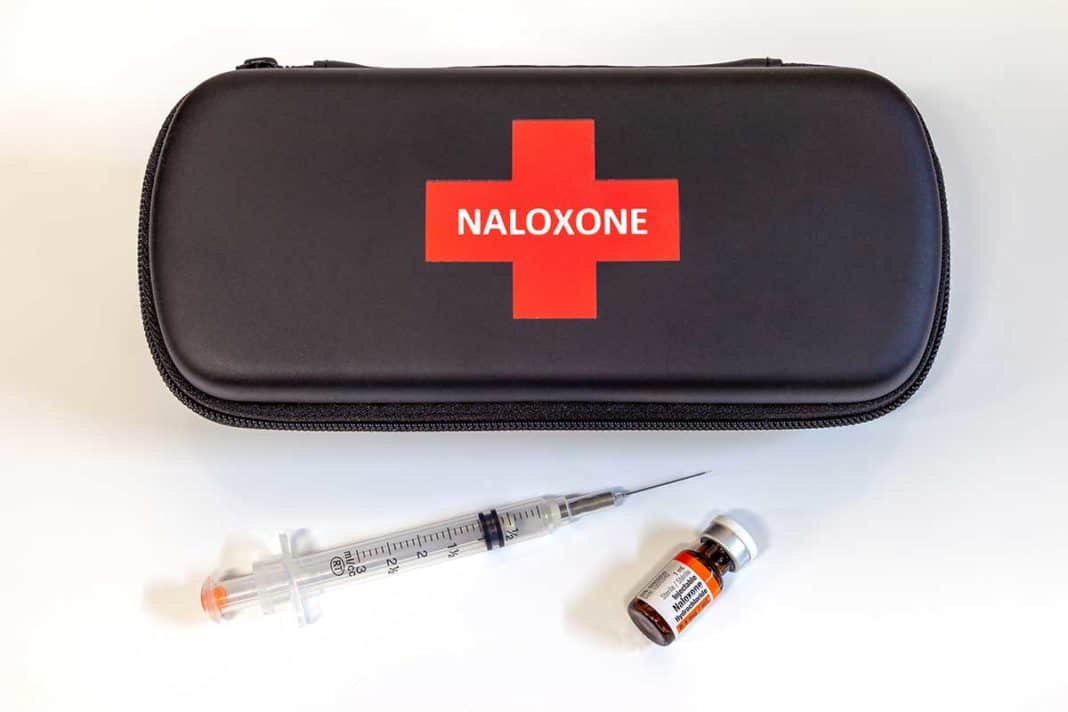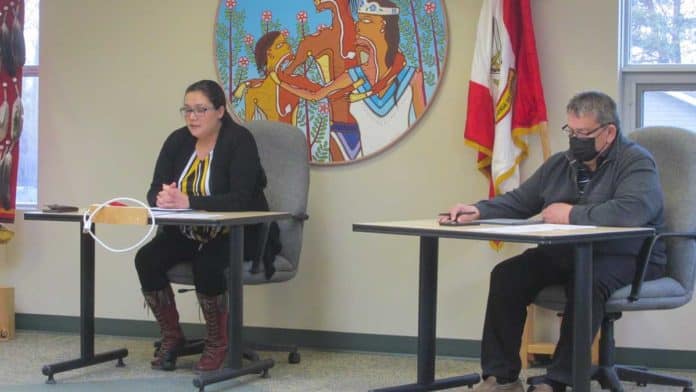QUEEN’S PARK – Premier Doug Ford and his government must stop ignoring the opioid crisis in Northern Ontario and take action now as more people continue to die and families and communities continue to suffer, says Northern Ontario NPD MPPs in an open letter sent to the premier recently. The letter is signed by Algoma-Manitoulin MPP Michael Mantha and fellow MPPs France Gelinas, Gilles Bisson, Guy Bourgouin, Sol Mamakwa, Judith Monteith-Farrell, John Vanathof and Jamie West.
The letter, dated March 9 reads, “Premier, we write to you today regarding the ongoing opioid overdose crisis in Northern Ontario. Our communities are suffering, families are struggling and people are dying. As the COVID-19 pandemic continues, opioid related incidents continue to rise. The situation is alarming in every community of Northern Ontario.”
“For instance, Thunder Bay Regional Health Sciences Centre reported that it had treated 262 patients for opioid overdoses last year and that many other incidents have not yet been reported,” the letter notes. “Similarly, Timmins had 20 opioid-related deaths in 2020; and, from January 2020 to August 2020 at least 60 residents in the Sudbury and Manitoulin districts died from an opioid-related overdose (nearly double the amount over the same period during the previous year, where 36 residents were lost).”
The MPPs letter continues, “although the statistics continue to climb, it’s critical to recognize that these are not numbers—they are people. People who are struggling with mental health and addiction. People who are being preyed upon by dealers. People who are feeling lost because they don’t know where to turn to for help. People who are trying to get help for themselves, for friends or family and feeling abandoned.”
“Recently, Whitefish River First Nation sent a public letter to the community outlining these concerns. It states: ‘Why are so many of our people losing their way? What is at the root of this spiral into substance abuse that disconnects people from their very spirits? We have to acknowledge that abuse, in its many forms, often lies underneath addiction. When you can’t cry out, when you have nowhere to turn and no one to trust, drugs can offer the illusion of relief’,” the MPPs letter states.
It was pointed out, “a major issue we face in rural Northern Ontario is the lack of services. The few programs available in urban centres are often not available to individuals from outside their boundaries. Rural areas of the North need mental health infrastructure adapted to their population needs. Right now people seeking mental health and addiction services are left unsupported.”
“This needs to change,” states the letter. “Mental health, addiction, consumption treatment and overdose prevention services continue to play a vital role in our healthcare system. They help the most marginalized in our communities and they must be accessible to all northerners.”
The MPPs outlined “some simple and concrete steps the government can take today to help address the opioid crisis including: declaring the opioid crisis a public health emergency and breaking the stigma of substance use; investing in harm reduction strategies immediately; working with municipalities and local services boards to address mental health and addiction issues in their communities; funding the mental health and addiction infrastructure needed to bring equity of access to the people of the North, including more safe beds and 24 hour services for treatment; addressing the social determinants of health of people living with an opioid addiction, and expediting the approval process for supervised consumption sites in the North.”
The MPPs add in the letter, “Premier, you and your government must take action now to prevent more opioid-related deaths in the North. Opioids impact more than just the individual. All of our communities are hurting. Stop ignoring this crisis and step up for the people of Ontario now.”





